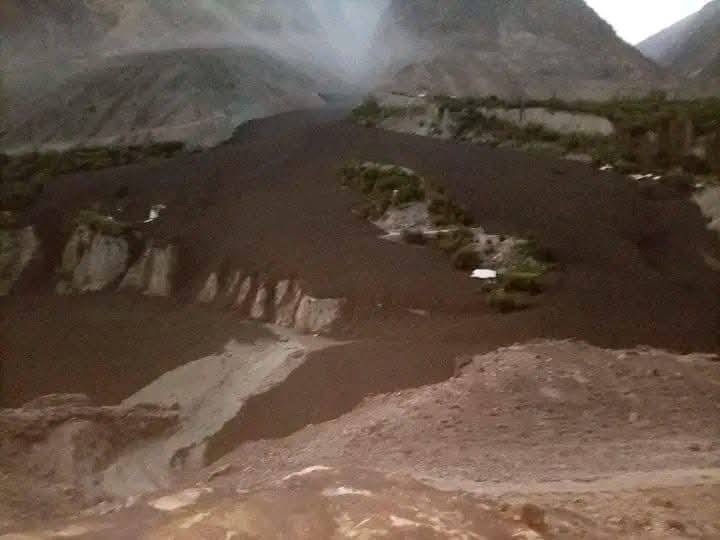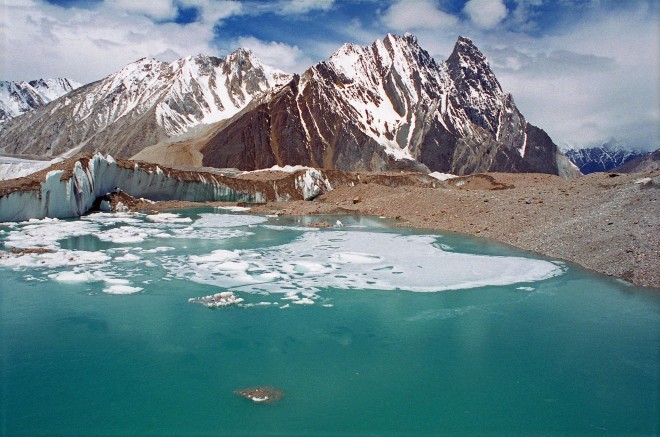Perched on the roof of the world, Gilgit-Baltistan stands at the frontline of climate change. Glacial melt, flash floods, landslides, and shifting weather patterns threaten lives, livelihoods, and fragile ecosystems. Yet within these challenges also lies the possibility of resilience – through community strength, adaptation, and sustainable practices. This session explores the climate vulnerabilities of Gilgit-Baltistan, tracing the hazards that endanger the region while highlighting the pathways that can turn peril into promise.
Excerpts from the presentation of Nelam Pari in SDPI session titled “Understanding climate vulnerabilities in Gilgit Baltistan, from hazards to resilience”.
The economy of Pakistan is based on agriculture. Its main contribution for agriculture comes from Indus River and the flow of Indus River depends on glaciers of Gilgit Baltistan.
There existed more than 95000 glacial lakes worldwide, out of them, some 13000 glaciers are existing in Pakistan.
South Asia inventory is derived based on different features of glacier (volume, length, snout). According to this inventory, some 3034 lakes have been formed due to the glacial melting caused by temperature rise. Out of these 3034 lakes 660 lakes have been formed in Gilgit basin from them the retreat rate is 0.06-0.4 mwe/yr. 36 lakes have been officially classified as dangerous.

According to ICIMOD portal, more than 35 glof events have been reported in GB from 1999 to 2023.
Nelam Pari is an environmentalist, consultant, and Associate Researcher at the Sustainable Development Policy Institute (SDPI). Her work centers on community development with a focus on the Sustainable Development Goals (SDGs) 6, 13, 14, and 15, particularly in Gilgit-Baltistan. Since 2015, she has been researching glacier melt and climate dynamics, with expertise in mitigating climate change impacts, tackling ice dam formation, combating deforestation, and fostering ecosystem regeneration in collaboration with local organizations. Passionate about achieving tangible conservation outcomes, Nelam actively advocates for best practices to build a more sustainable and resilient future.

